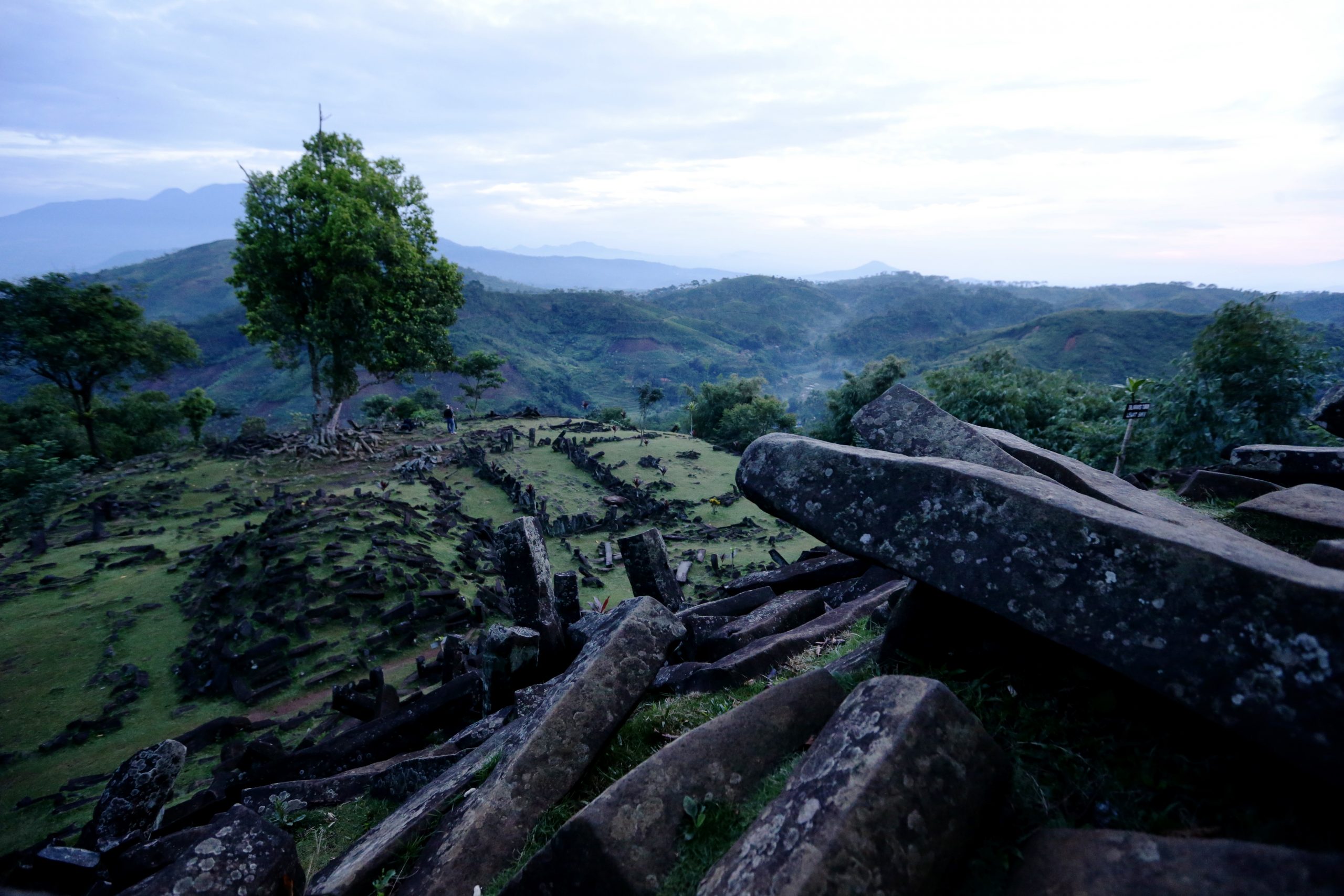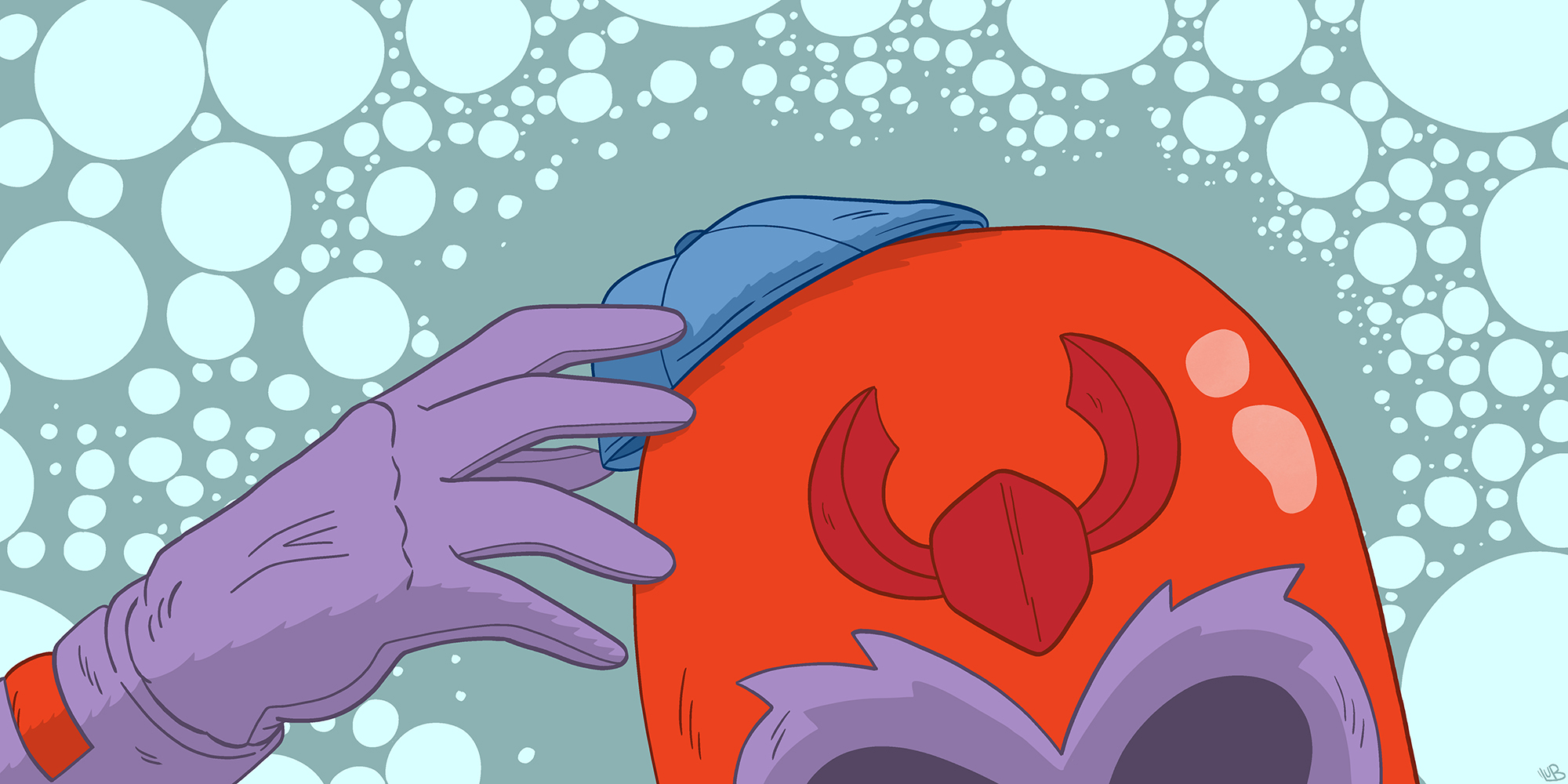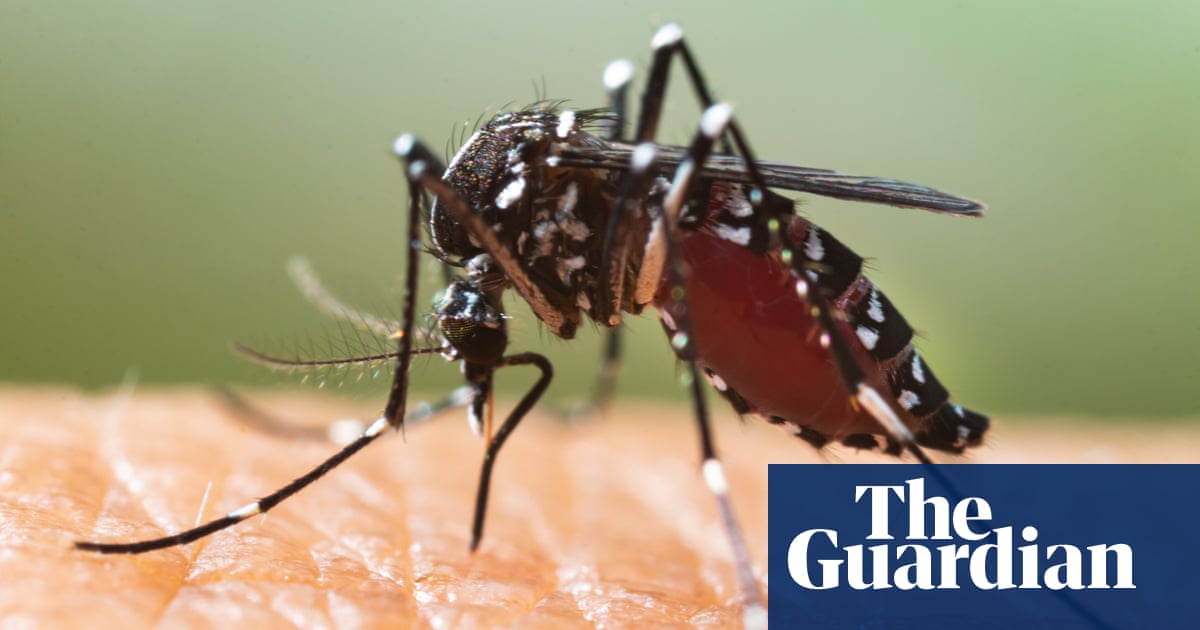
Know thyself Why the African genome project is so useful
R ACISM MAY often run deep, but one of the most depressing things about it is how superficial it really is. In most parts of the world it is literally a matter of black and white. A person’s skin colour, however, has little biological significance. It is merely a balance between defending the lower layers of the dermis from cancer-causing ultraviolet light (which favours dark skin) and promoting the beneficial role of ultraviolet in the synthesis of vitamin D (which favours light skin). The farther someone’s ancestors lived from the equator, the paler their skin evolved to be.
Go back far enough, though, and everyone’s ancestors lived in Africa, the continent where Homo sapiens originated. Most non-Africans alive today trace the bulk of their ancestry to Africans who burst forth on an unprepared world about 60,000 years ago. Indeed, the oldest representative of the species yet found in Britain retained the dark skin of his African forebears. Africa is where humanity grew up—and where the bulk of human genetic diversity is found to this day.
Only now is a serious effort beginning to explore Africa’s genetic richness. Better late than never. The Three Million African Genomes (3MAG) project, a continent-wide endeavour, proposes to do for the place what has already been done for Europe, North America and parts of Asia—namely to catalogue and analyse the genetic diversity of those who live there. That will be scientifically fascinating, for it will help elucidate how H. sapiens evolved. But it will be medically important, too. It may even help erode that black-and-white excuse for racism.


/cloudfront-us-east-1.images.arcpublishing.com/pmn/2OMDYOYIKRDYJOSDNJCST4GN34.jpg)











